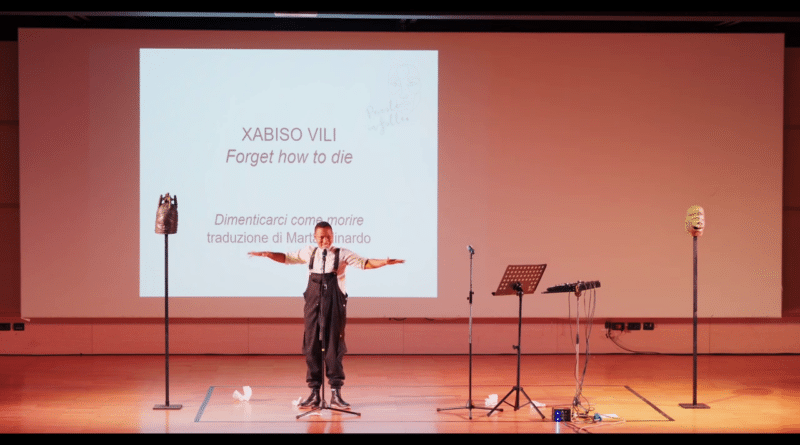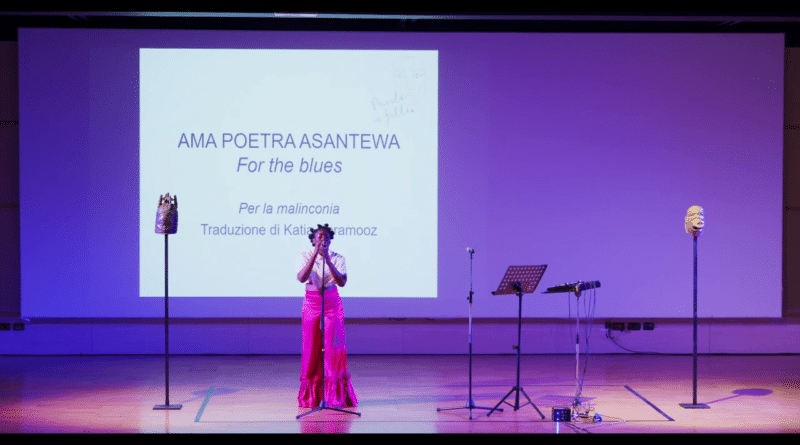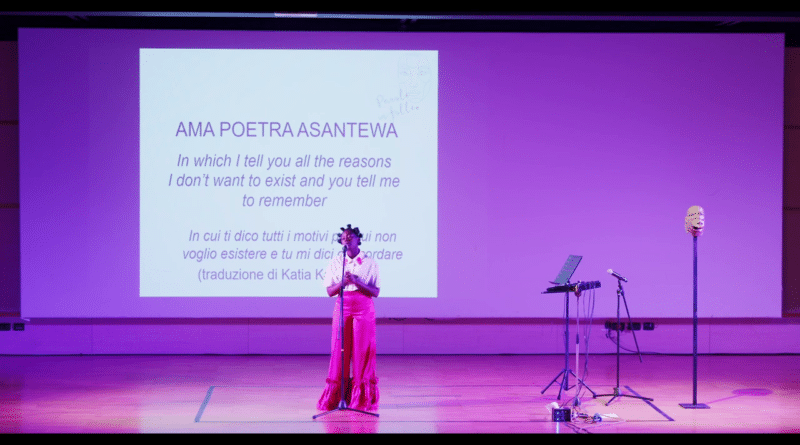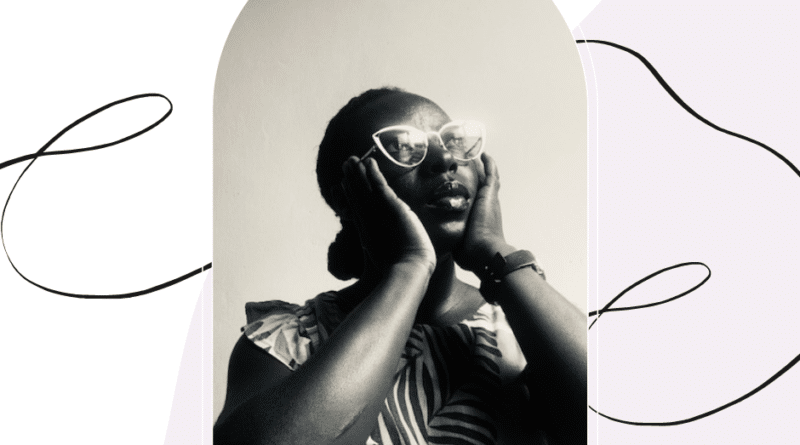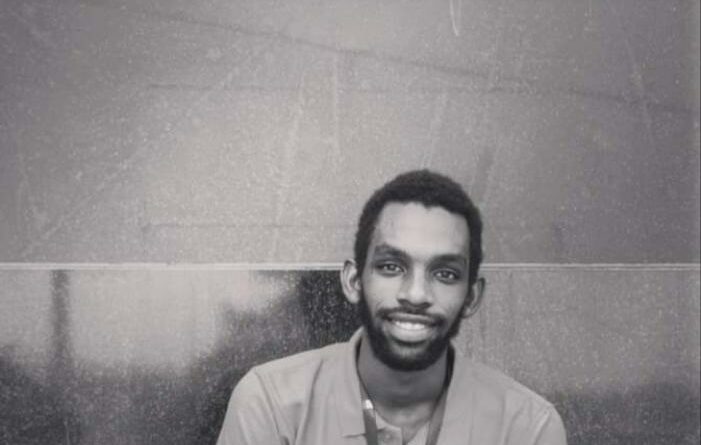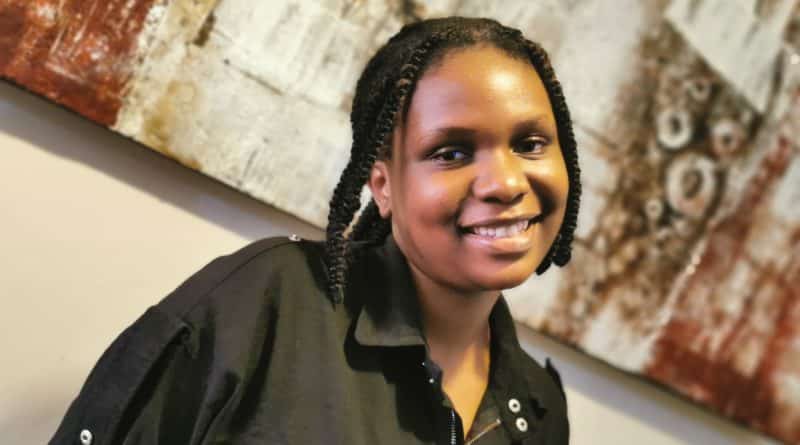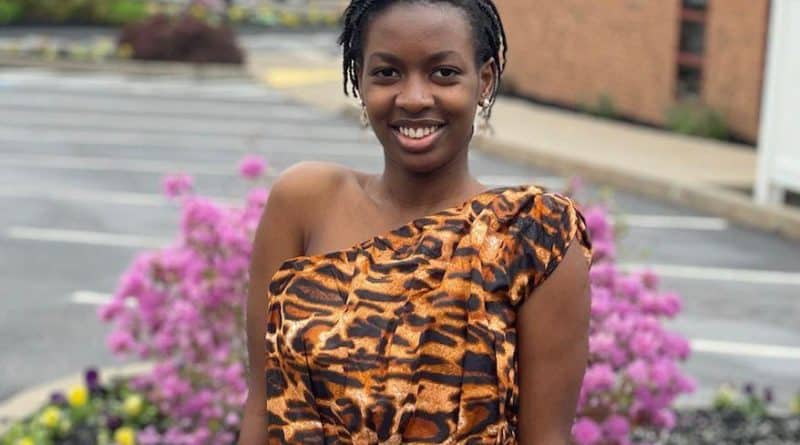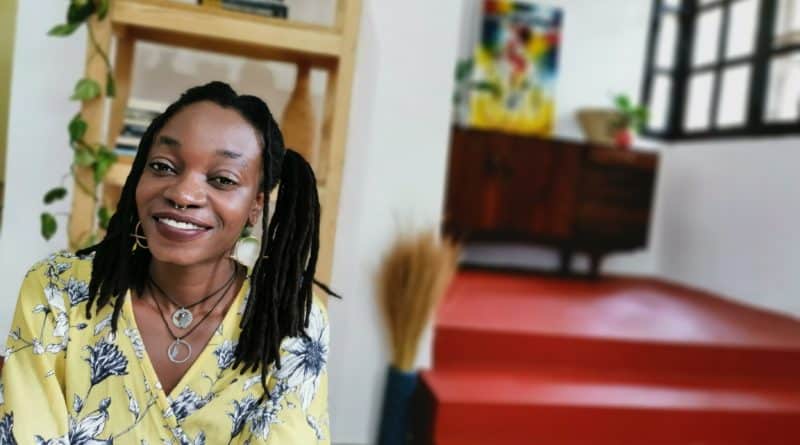Light, “Tonight, I am the James Webb Telescope”
This previously unreleased poem composed by Xabiso Vili for “Parole in folle” is a gem. And as a gem it shines to lighten the dark. The darkness of the universe explored by the infrared technology of James Webb telescope – the biggest to be ever launched in space. As the telescope receives information about the origin of stars and galaxies, the author open his arms wide and lets memories visit him from the past, bringing him in a dimension where all things has no beginning and no end, in a light that is pulsing with life.
Leggi di più

